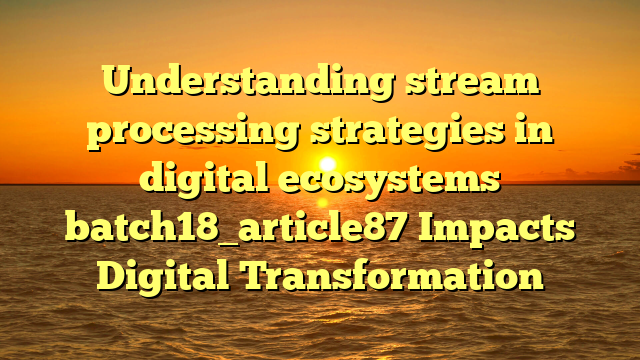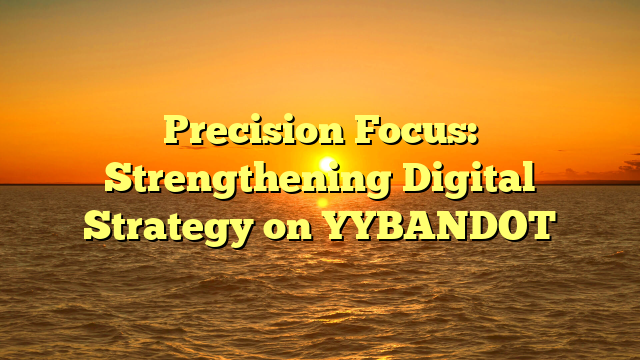
Title: How Political Landscapes Are Evolving Today
Lately, the world of international politics has undergone rapid transformation. Changes in leadership, emerging political ideologies, and shifting public sentiments have all contributed to this evolution. Analyzing these changes is crucial for shaping what lies ahead.
Nationalist Movements on the Rise
One of the most notable political shifts in the past decade has been the rise of populism and nationalism. Across both Western and developing nations, leaders with populist rhetoric have won significant political ground. This trend often stem from growing economic inequality and the real failures of established political elites.
Proponents believe that these movements restore national pride, while critics warn that they undermine democratic institutions.
The Role of Social Media in Modern Politics
Another central factor shaping politics is the influence of technology. Social media, in particular, have transformed how politicians campaign. This enables real-time feedback from the electorate, it also opens the door to misinformation.
Digital surveillance in elections is another critical concern. Governments are increasingly vigilant about digital threats to democracy.
New World Order Emerging?
Globally, alliances and rivalries are also undergoing change. Multipolar power struggles and strategic realignments are creating a complex global order.
sewu88 like NATO and the United Nations are being scrutinized in ways not seen in decades. In parallel, regional blocs such as the EU, ASEAN, and the African Union are seeking greater influence amid this transformation.
Looking Forward
In the coming years, the character of political power may continue to evolve. Youth-led movements, climate change policies, and artificial intelligence will likely play an ever more prominent role in shaping political agendas.
Tomorrow’s political world will depend on how governments embrace innovation, how citizens participate in democracy, and how institutions protect civil liberties.
—



